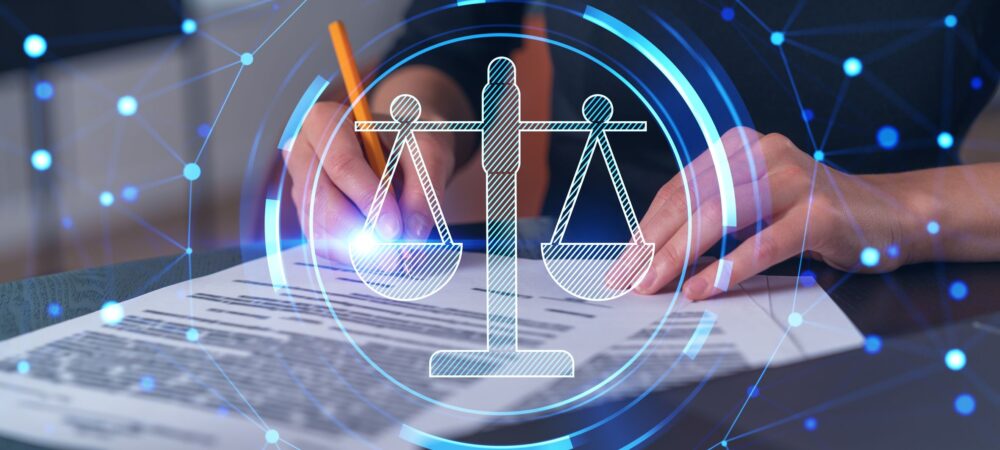This case involves an ex parte application filed by a minor, identified as S.T., seeking court approval to obtain discovery from the Company. under 28 U.S.C. § 1782. S.T., a Japanese high school student, claims she received threatening and inappropriate messages from anonymous users via Instagram. She plans to file a civil lawsuit in Japan once the individuals responsible are identified. The subpoena submitted requests the Company to produce identifying information such as names, emails, phone numbers, and IP logs related to the Instagram accounts used to harass her.
The legal foundation of the request lies in § 1782, a statute that allows U.S. district courts to assist in collecting evidence for use in foreign legal proceedings. The statute requires that (1) the discovery is from someone in the district, (2) the discovery is for a foreign tribunal, and (3) the applicant is an “interested person.” The court determined that all three requirements were satisfied, as the Company is located in the district, the evidence is intended for litigation in Japan, and the applicant is directly involved in that future litigation.
In deciding whether to allow discovery, the court considered four discretionary factors from the Supreme Court’s Intel decision. First, the Company is not expected to be a participant in the Japanese litigation, so assistance from the U.S. court is appropriate. Second, Japanese courts have been receptive to U.S. judicial assistance in the past. Third, there’s no indication the request seeks to bypass any legal restrictions. These three factors all support granting the application.
The final Intel factor concerns whether the requested discovery is unduly burdensome. The court found that the information requested is narrowly focused and necessary for S.T.’s claims. It is limited to identifying information about the Instagram accounts used for the harassment, and not broader than necessary. Courts have previously approved similar requests when identities were needed for defamation or harassment cases. To minimize burden, the court also ordered a minimum 45-day response time for the Company.
Ultimately, the court granted the application, allowing S.T. to serve the subpoena on the Company. The ruling notes that the Company retains the right to challenge the subpoena through a motion to quash. The decision reinforces that § 1782 can be used to support victims of online abuse pursuing remedies in foreign courts, especially when the responsible individuals are otherwise unidentifiable.
If your organization is seeking support with eDiscovery, our team has solutions to address all phases of the discovery process. At CODISCOVR, we deliver client-focused, defensible, and scalable solutions using advanced technology and intelligent review practices to meet eDiscovery, document review, and information governance needs in a manner that reduces the risks and costs associated with electronically stored information (ESI). Reach out to Nicole Gill, Chair, Managing Member CODISCOVR. With almost a decade of experience, she manages complex and high-profile eDiscovery projects and routinely navigates data and privacy protection laws across many domestic and foreign jurisdictions.




